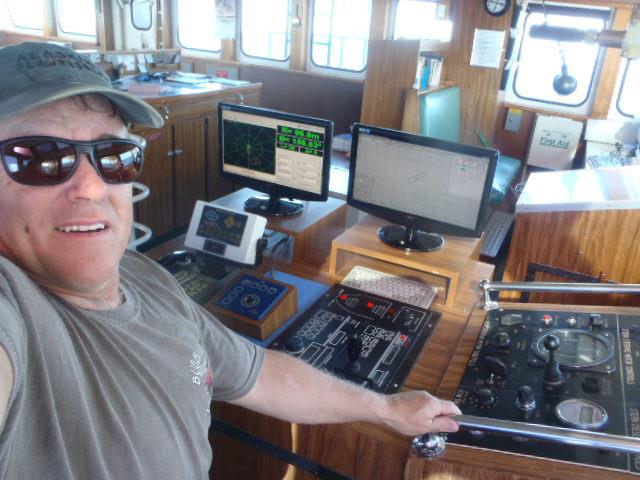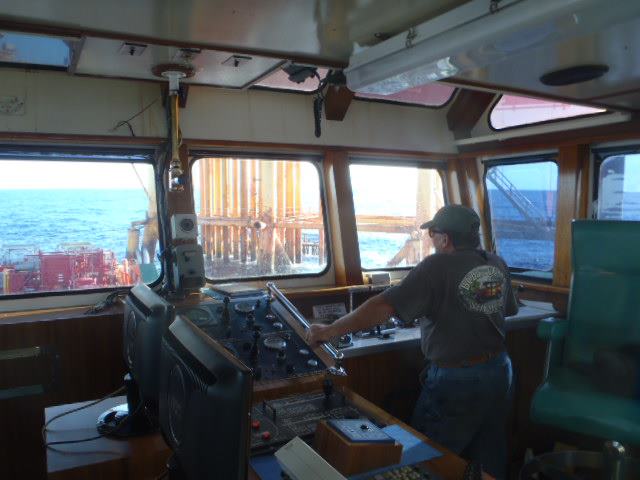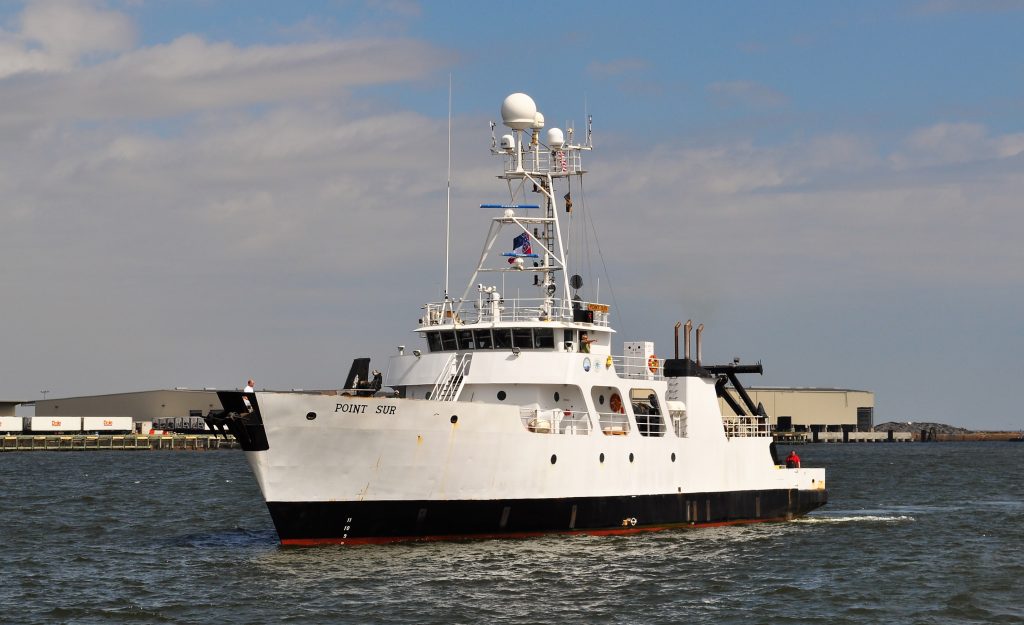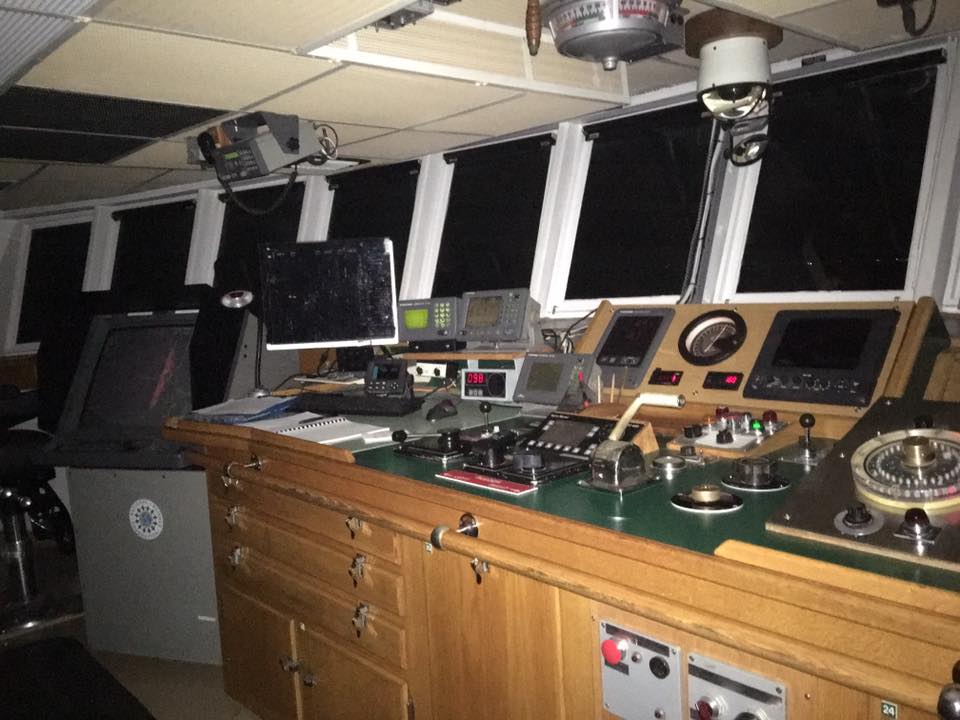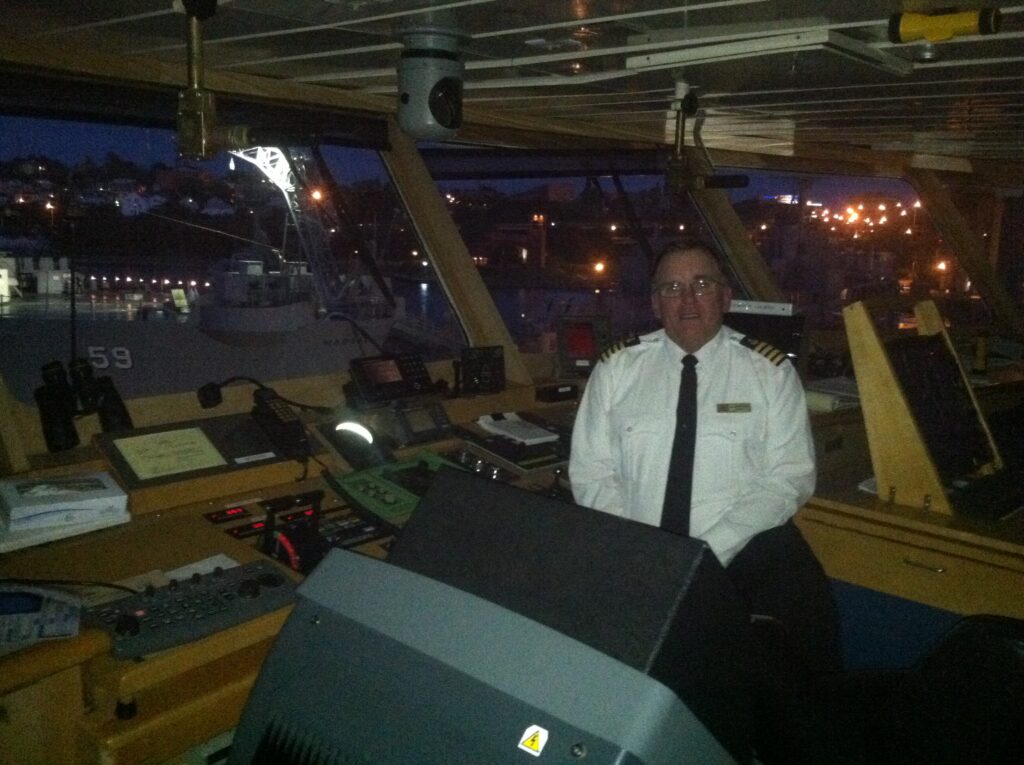In maritime law, a missed inspection, an outdated certificate, or a misinterpreted code can lead to serious penalties, detentions, or even criminal charges.
The problem? Many ship operators and legal teams think they’re compliant — until a port state control inspection or maritime audit says otherwise.
Understanding and following maritime compliance standards isn’t optional — it’s what keeps vessels, crews, and owners legally safe.
Let’s break down the most misunderstood regulations and how small compliance gaps can lead to big legal trouble.
Top 5 Misunderstood Compliance Standards That Lead to Lawsuits
1. SOLAS Compliance Issues (Safety of Life at Sea)
The SOLAS Convention sets the baseline for vessel safety — covering everything from fire protection to lifesaving appliances.
But one of the most common compliance failures in maritime law comes from incomplete recordkeeping and neglected safety drills.
When safety systems aren’t properly tested or logged, authorities assume non-compliance — even if the equipment works perfectly.
That small paperwork error can lead to vessel detentions or insurance disputes after an incident.
Tip: Always maintain up-to-date safety certificates and documented safety drills. In a legal review, your paperwork often matters as much as your performance.
2. ISM Code Misunderstandings (International Safety Management)
The ISM Code focuses on safety management systems — ensuring that ships operate responsibly and crews follow established procedures.
The misunderstanding? Many treat it as a checklist instead of an ongoing management process.
When a company fails to demonstrate active monitoring, safety audits often reveal “systemic negligence.”
That’s a legal red flag — especially in injury or pollution cases.
Tip: Document internal audits, safety meetings, and corrective actions. This shows real compliance, not just surface-level paperwork.
3. MARPOL Violations (Pollution Prevention)
Environmental compliance remains one of the most serious legal risks.
MARPOL violations — such as improper oil record books, waste discharge errors, or faulty emission systems — can lead to criminal prosecution and heavy fines.
Even a single incorrect entry in a waste disposal log can trigger investigations by authorities and insurers.
Tip: Train crews regularly on MARPOL procedures and perform random internal checks before official audits.
4. Crew Certification and Manning Errors
Another frequent cause of vessel regulatory violations is improper or expired crew certification.
Under international rules, every crew member must hold valid, role-specific certificates.
If one certificate lapses or a crew member serves outside their qualification, the entire voyage can be declared non-compliant.
This often leads to port state control violations and detentions — damaging both reputation and defense in court.
Tip: Keep a centralized certification log and verify all renewals before each voyage.
5. Poor Documentation During Maritime Audits
Even when vessels meet physical standards, poor documentation can lead to maritime audit findings that signal “probable cause” for liability.
Incomplete reports, outdated manuals, and missing logs create doubt — and in maritime law, doubt means exposure.
Tip: Digitalize your compliance records. Accurate timestamps and updates demonstrate proactive management during legal reviews.
The Bottom Line
In maritime operations, ignorance isn’t a defense — it’s a liability.
Most legal disputes start from small compliance oversights that could have been prevented with clear documentation and consistent audits.
Whether it’s SOLAS, ISM, or MARPOL, the key isn’t just knowing the rules — it’s proving you follow them.
Because in the courtroom, compliance isn’t about intention — it’s about evidence.
